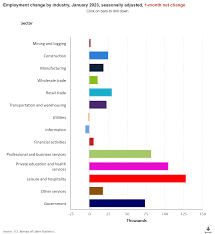
Today we got a jobs Friday hat trick! Better headline jobs were reported, with positive revisions and more robust wage growth, which caught bond traders off guard and sent bond yields and mortgage rates higher today. Now, we do have some quirky seasonality issues with this report, but as I have often stressed, don’t look at one to two positive or negative job reports; take the longer-term trend. The trend looks right to me, so let me explain my take.
Below is an explanation of all my economic work on the labor market during and beyond the COVID-19 recovery.
1. I wrote the COVID-19 recovery model on April 7, 2020, and retired it on Dec. 9, 2020. By December the upfront recovery phase was done, and I needed to model out when would get the jobs lost back.
2. Early in the labor market recovery, when we saw some weaker job reports, I doubled and tripled down on my assertion that job openings would get to 10 million in this recovery. Job openings rose all the way to 12 million and are currently a bit over 9 million. Even with the massive miss on a job report in May 2021, I didn’t waver. You can read about that here.
3. I wrote that we should get back all the jobs lost to COVID-19 by September of 2022. At the time this would be a speedy labor market recovery, and it happened on schedule, too
4. This is the key one for right now!
If COVID-19 didn’t happen, we would have between 157 million and 159 million jobs today, which would have been regular with where job growth was running in February of 2020. Today, we are at 157 million! The reason this is so important is because job growth should be cooling down right about now. So, ignore this report and the last revisions and look at the trend of job growth data, it looks perfectly fine. At this stage of the economic cycle, the jobless claims data is more key, and right now, that data isn’t flashing red signals yet. 323,000 on the 4-week moving average has been my line in the sand, and we aren’t close to that yet.
